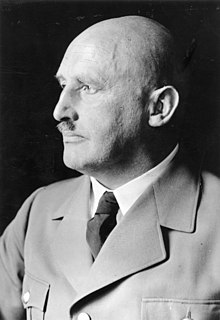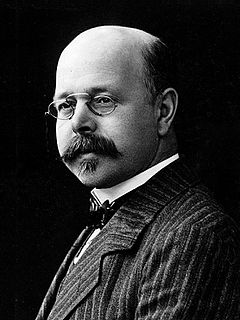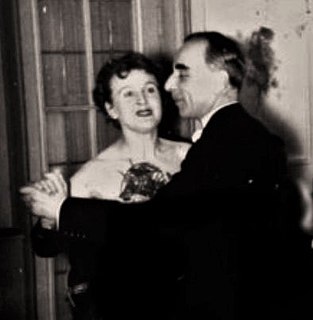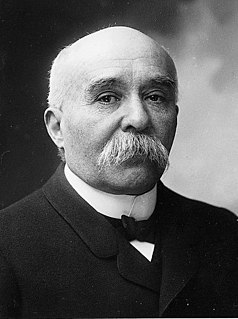A Quote by Julius Streicher
Allow me to add that it is my conviction that the contents of Der Stuermer as such were not (incitement). During the whole 20 years, I never wrote in this connection, 'Burn Jewish houses down; beat them to death.' Never once did such an incitement appear in Der Stuermer.
Related Quotes
6.4311 Der Tod ist kein Ereignis des Lebens. Den Tod erlebt man nicht. Wenn man unter Ewigkeit nicht unendliche Zeitdauer, sondern Unzeitlichkeit versteht, dann lebt der ewig, der in der Gegenwart lebt. Unser Leben ist ebenso endlos, wie unser Gesichtsfeld grenzenlos ist. 6.4311 Death is not an event of life. Death is not lived through. If by eternity is understood not endless temporal duration but timelessness, then he lives eternally who lives in the present. Our life is endless in the way that our visual field is without limit.
Every idea is an incitement. It offers itself for belief, and if believed it is acted on unless some other belief outweighs it or some failure of energy stifles the movement at its birth. The only difference between the expression of an opinion and an incitement is the speaker's enthusiasm for the result.
On September 17, 1914, Erzberger, the well-known German statesman, an eminent member of the Catholic Party, wrote to the Minister of War, General von Falkenhayn, "We must not worry about committing an offence against the rights of nations nor about violating the laws of humanity. Such feelings today are of secondary importance"? A month later, on October 21, 1914, he wrote in Der Tag, "If a way was found of entirely wiping out the whole of London it would be more humane to employ it than to allow the blood of A SINGLE GERMAN SOLDIER to be shed on the battlefield!"
Das immer gegenwärtige Zufallselement im künstlerischen Erzeugungsprozeß erfaßt die generative Graphik modellmäßig durch den Einbau von Zufallsgeneratoren in die Programme. [. . .] Die Zufallsgeneratoren beteiligen sich an der Strukturierung der generierten Information, schaffen dabei unvorhersehbar Neues und erweisen sich dadurch als die zweite schöpferische Instanz neben dem Programmierer . . .
Modern Romans insisted that there was only one god, a notion that struck Alobar as comically simplistic. Worse, this Semitic deity was reputed to be jealous (what was there to be jealous of if there were no other gods?), vindictive, and altogether foul-tempered. If you didn't serve the nasty fellow, the Romans would burn your house down. If you did serve him, you were called a Christian and got to burn other people's houses down.






























